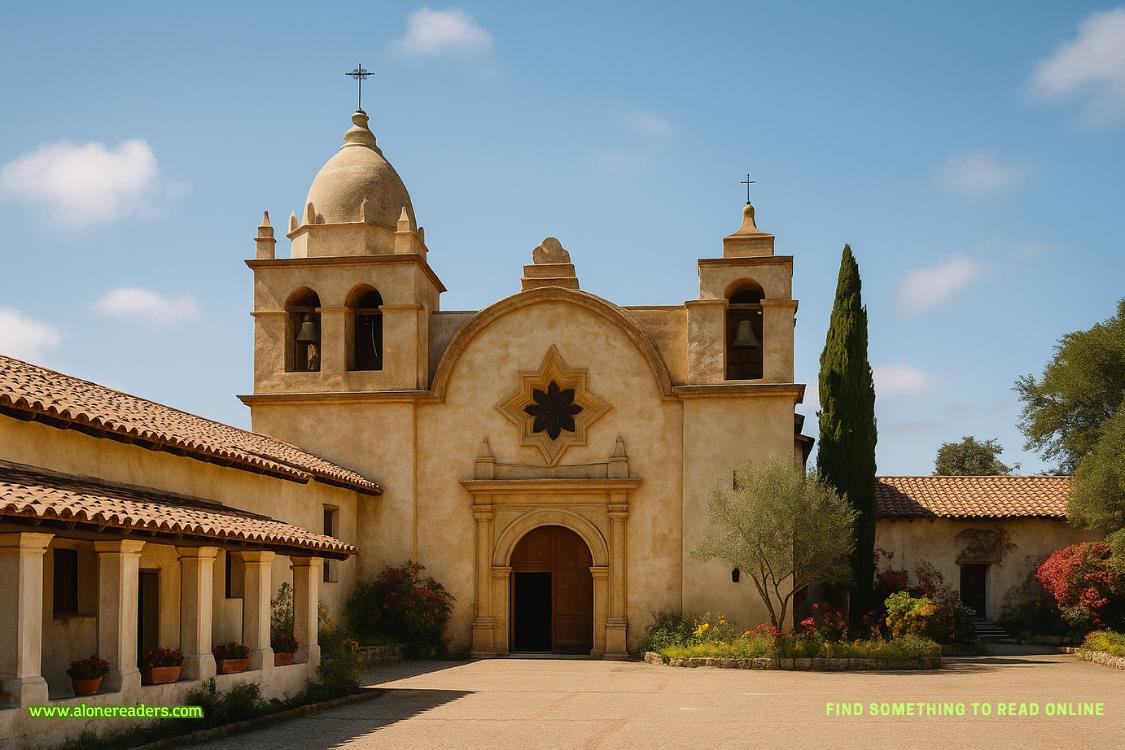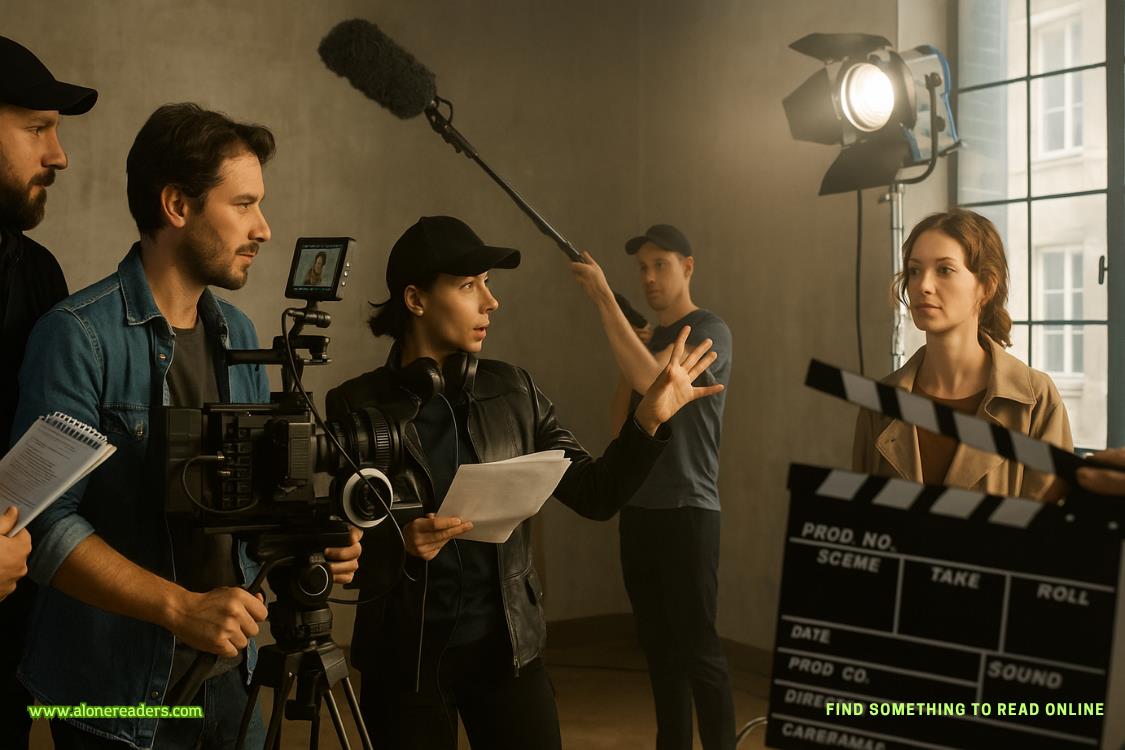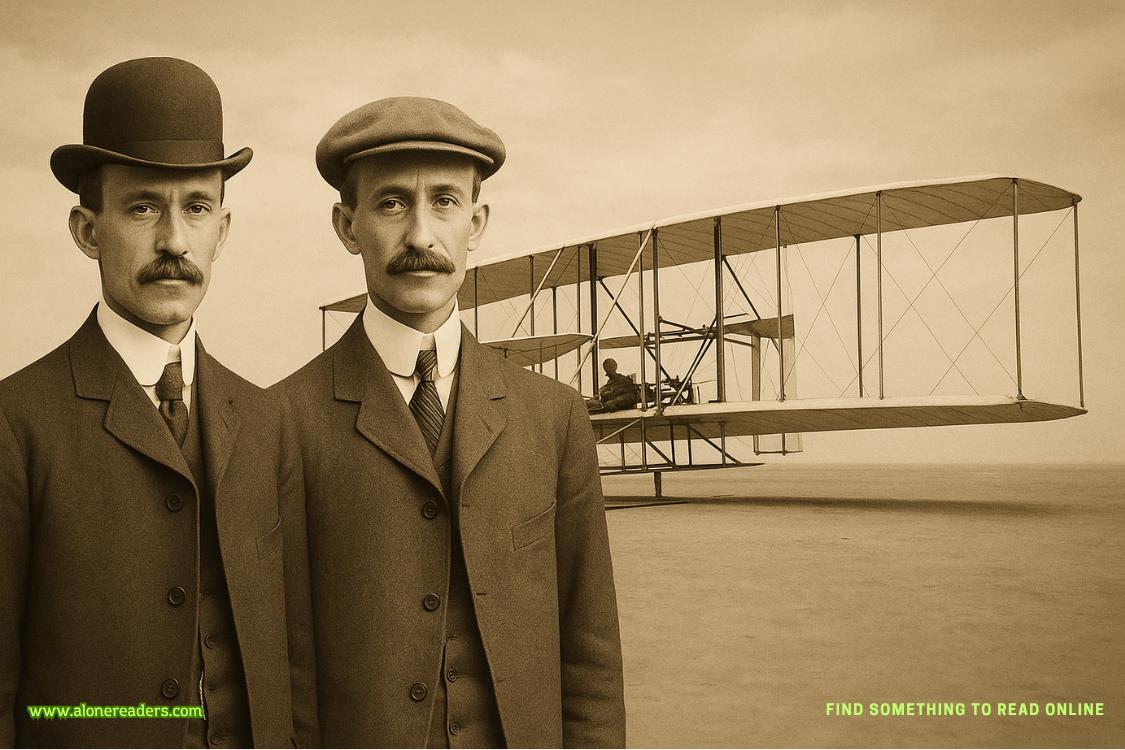Page 6 of A Resistance of Witches
“Lydia—”
But the door closed, and Lydia was gone.
•••
Lydia felt an uneasy guiltsettle on her as the taxi carried her away from her mother’s flat in Hackney. Her relationship with Evelyn had always been fraught, even when she was a child. Lydia had felt like a changeling in her mother’s house—a fastidious, particular child, raised among the cheerful chaos of Evelyn’s life. Lately the chasm between them had become wider still as Lydia’s role in the war effort had grown, and secrets had begun to pile up between them. Lydia reminded herself that she kept things from Evelyn for her own protection. Still, lying had never been easy for her, least of all when it came to her mother, who had a tiresome habit of knowing everything all the time, whether you wanted her to or not.
And now Evelyn knew about Project Diana.
No, Lydia thought, she knew the name, nothing more. There was no telling where Evelyn had come up with it—likely from some dream she’d had, or from dabbling in a bit of bibliomancy, as she had a habit of doing. But there was nothing at all to suggest that she knew anything more than that. Evelyn wasn’t omniscient, after all. Just nosy.
As she paid the driver and stepped from the taxi, Lydia looked out across the mass of brown-and-gray-clad commuters and spotted a flash of red hair atop a brilliant, kelly-green overcoat—it was Kitty Fraser, navigating the current of bodies at a brisk pace, a stack of parcels under her arm. Lydia waved, and Kitty grinned and waved back, nearly dropping her cargo.
“What did you buy?” Lydia called as she quickly crossed the busy street.
“Oh, a few things I’ve been needing, and then a lot of things I didn’tneed at all.” Kitty spun on her heels, momentarily distracted by a handsome fellow in uniform. “How’s your mum?” she asked, hooking her free arm through Lydia’s as they walked together toward the academy.
Lydia sighed. “Evelyn is…Evelyn.”
Kitty was a Scottish girl of twenty and Lydia’s best friend for the last eight years. She was a full head shorter than Lydia, and sportily built, with a mass of flaming red curls that refused to be tamed and a smile that could get her out of almost any kind of trouble. She and Lydia had met their very first day at the academy, and they’d been inseparable ever since.
“I don’t know why you’re so tough on your ma. I think she’s brilliant. She’s like the witches in the old stories.”
“You didn’t grow up with her. She’s never understood why I joined the academy. She still wishes I would move back home and become a fortune teller, like her and Gran.” Lydia turned to say something else but quickly recoiled, finding that suddenly it wasn’t Kitty by her side at all, but Evelyn.
“Oh please, love, don’t be so hard on your old mum. Why, I only want you to come back home and make charms and potions with me forever and ever. Maybe we’ll find you a nice husband and you can make lots and lots of wee witch babies!”
“Great Mother, that is creepy, Kitty!” Lydia choked, but she couldn’t keep herself from doubling over with laughter. “You know you shouldn’t change out in the open like that.”
Quick as a blink, Kitty was Kitty again. She rolled her eyes. “People only see what they expect to see.” She grinned, and where just a moment ago Kitty had stood, now there was Isadora Goode, in her full glory. “Miss Polk, do stop goggling,” Kitty intoned, in a perfect imitation of the grand mistress’s voice.
Lydia fell into another fit of laughter as she pulled open the door of a little flower shop with a green awning that bore the nameShipton Flowers. The store was small and unassuming, and had existed in this exact location for longer than anyone could remember. The smell alone—freshly cut stems, dust, the sickly sweet perfume of moldering rose petals—filled Lydia with a sense of familiar nostalgia every time she crossed the threshold. Inside was cool and dark, with tidy rows of tin buckets bursting with fragrant white lilies, enormous yellow sunflowers, and pillowy garden roses in shades of pink, yellow, and violet. Spools of brightly colored ribbon hung along one wall, while jumbled rows of blue and green glass vases shone like jewels on the other.
The shopkeeper looked up as they entered.
“Miss Polk.” She gave Kitty a wry look through her spectacles.“Miss Fraser.”
Kitty dropped her glamour and offered a playful curtsy. “Judith. The hydrangeas look lovely today.”
“Thank you, Miss Fraser.”
They walked to the back of the shop, where the sweet smell of flowers gave way to the musty odor of trampled leaves and standing water, through the cluttered workroom, and past buckets, mops, and brooms to stand before a chipped green door. The door looked in every way like a storage closet, save for the faded white rose painted on its center, surrounded by thorns—forever locked, for all but a select few.
Lydia laid her left hand on the rose, and the door swung open easily.
Beyond the green door, the full grandeur of the academy sprawled before them. Gleaming white marble floors threaded with gold stretched far beyond the boundaries of the squat, brown brick building they had entered just moments ago. Elder witches dressed in modern, jewel-toned fashions went about their business, while academy students in their cobalt-blue uniforms traveled in gaggles of threes and fours, gossiping and laughing. Two matching spiral staircases flanked the great hall, intricately carved from gleaming ebony wood like the wings of an enormous black bird, soaring up toward a high domed ceiling, whichglowed with stained glass depictions of beasts, flowers, stars and moons, and scenes of beautiful women caught performing heroic acts and feats of magic. It had taken Lydia most of her first year at the academy to determine that it was in fact the shabby exterior of the building that wore the glamour, rather than the opulent interior.
Kitty bid Lydia a quick goodbye and bounded up the spiral stairs with her parcels, nearly colliding with a trio of young teachers as she went. Lydia watched her go, then continued making her way across the great hall until she reached another door, this one jet black and bearing a raised carving of a raven. She laid her hand on the carving, and the door opened.
The grand mistress’s personal study was a circular room lined with books stacked several stories high. Wrought iron catwalks lined the perimeter like scaffolding, and Persian carpets in shades of burgundy and gold covered the floors. A single, enormous arched window flooded the room with a hazy glow, giving the study a dreamy, enchanted feeling. In the center of the room, two lush green velvet sofas faced one another, and between them, an ornately carved table held a statue of the goddess Diana—the huntress—bow in hand, a small deer by her side.
Isadora was standing at the window, wreathed in a halo of rosy light. She turned when Lydia entered, and crossed the room to greet her with a kiss on each cheek. “How is your mother?” she asked.
“She’s well, Grand Mistress, thank you for asking.” Lydia always felt uncomfortable whenever Isadora asked after her mother. Isadora seemed to have no strong feelings about the woman either way, yet Evelyn Polk harbored a profound resentment toward Isadora Goode, which came out anytime her name was spoken.
They sat, and Lydia felt herself being swallowed up by the plush green sofa. Isadora lit a black cigarette, and a rich, floral perfume filled the air.
“I wanted to speak with you before this evening’s ritual, to ensureyou are adequately prepared,” Isadora said. “Our success is essential to the war effort. I will require your complete focus.”
- Sold to the Silver Foxes by Laylah Snow
- My Brother's Best Friends by Natasha L. Black
- The Rancher's Addiction by Lila Fox
- The Biker's Hidden Obsession by Khloe Summers
- Mile High Coach by Mia Mara
- Off-Limits as Puck by Kate Olivia
- Love Off Course by K. Webster
- Desert Sky by Jax Hart
- Their Darkest Needs by Amaya Jax
- Love & Vendettas by Cassie Verano
- Iron Bride by Molly Briar
- The Omega's Bloodline: Part One by Sierra Cassidy
- Forever In Willow Creek by Jade West
- Where the Blacktop Ends by Sofia Jade
- The Crown of Nyx by Audrey Moore
- Deep Feelings & Shallow Graves by Gwendoline Rose







